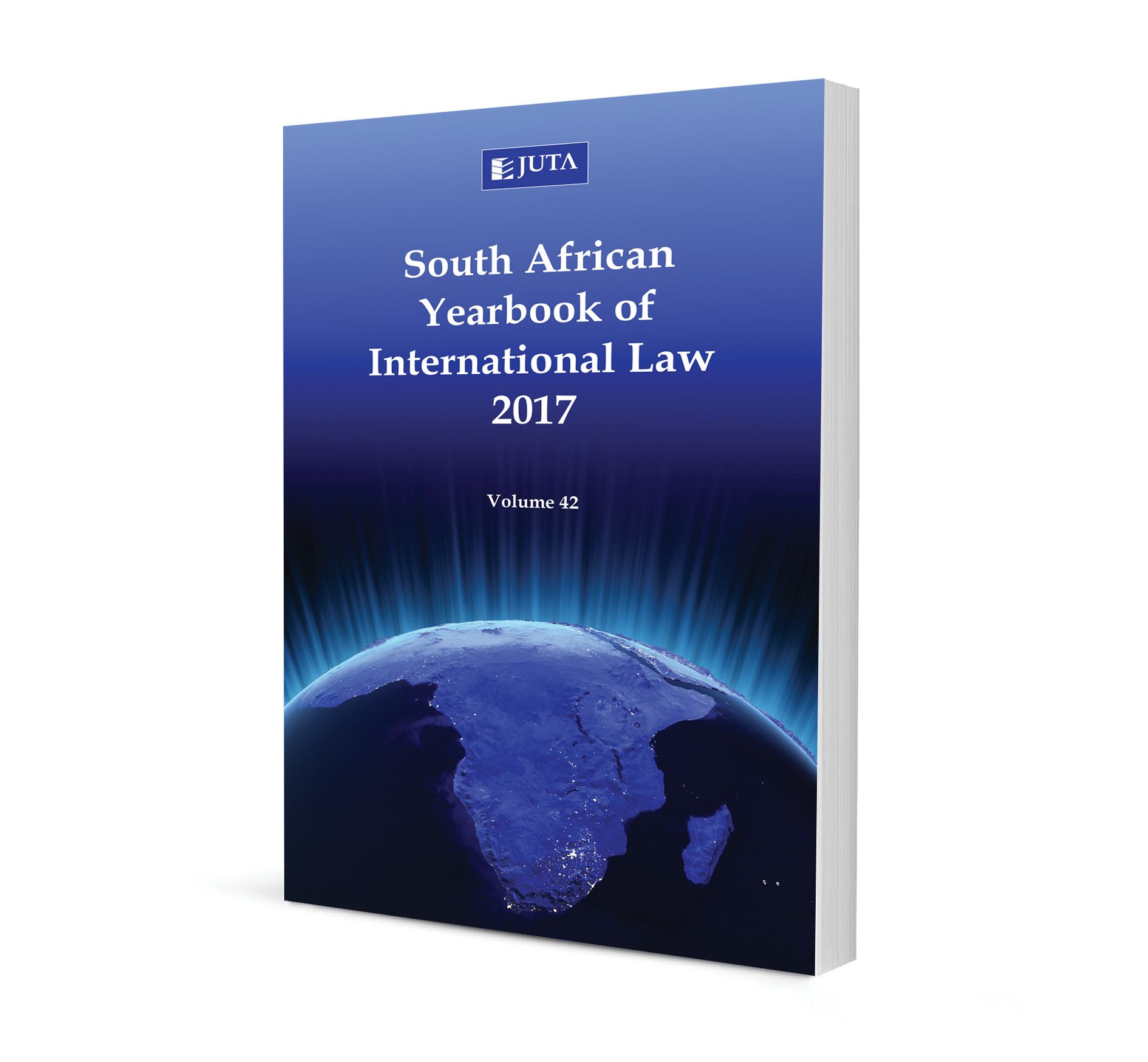
The Requirement of ‘Awareness’ as a Precondition for the Existence of a ‘Legal Dispute’ Under Article 36(2) of the Statute of the ICJ
Authors George Barrie
ISSN: 2521-2583
Affiliations: University of Johannesburg
Source: South African Yearbook of International Law, 2018, p. 121 – 130
Abstract
In October 2016 the International Court of Justice (ICJ) handed down judgments in the so-called Marshall Islands cases. The Marshall Islands were seeking an order from the ICJ, declaring that the United Kingdom (UK), India and Pakistan were in breach of its obligations under the NPT and customary international law. This article focuses on the claim against the UK. The ICJ on the narrowest of majorities dismissed the claim on the sole ground that a ‘legal dispute’ did not exist between the parties and that, by virtue of article 36(2) of the ICJ Statute, the court had no jurisdiction to proceed with the case. The court held that a ‘legal dispute’ under article 36(2) implied that a respondent state was ‘aware or could not have been unaware’ that its actions were opposed by the applicant state. This introduction of the requirement of ‘awareness’ to indicate that a legal dispute under 36(2) exists now places a higher burden on applicant states and has created a new hurdle to be overcome by applicate states. The case was decided by the casting vote of the president and the minority judgments were highly critical of the majority. The decision raises the question whether the ICJ’s make-up has not become ill-suited to handling multilateral global security disputes.